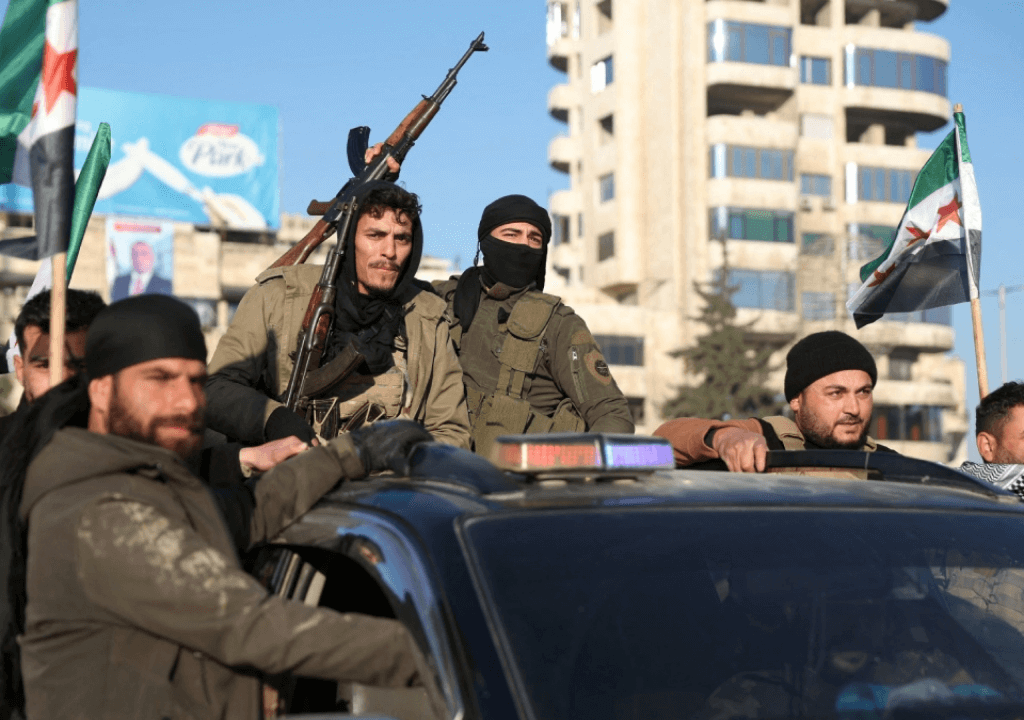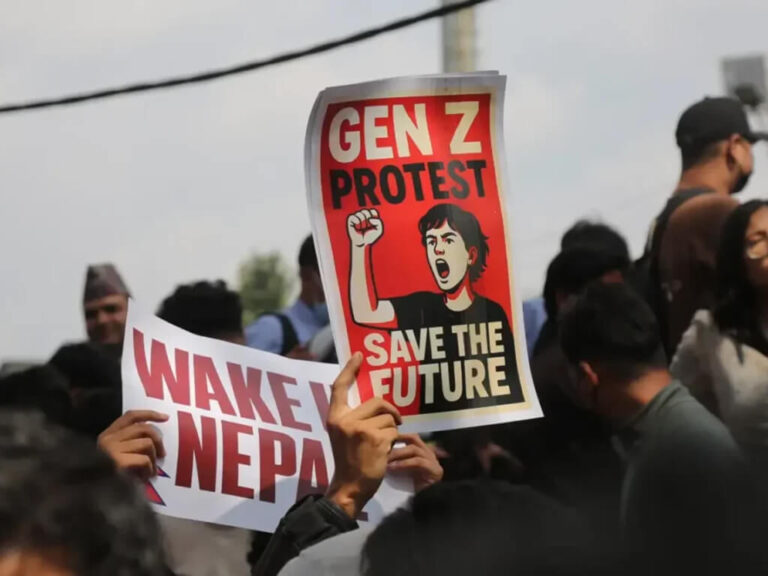The Syrian civil war is once again drawing global attention as Islamist groups in northwest Syria conquer Aleppo by defeating the official Syrian army. Hay’at Tahrir al-Sham (HTS), the Islamist militant group leading the Syrian Salvage Government from Idlib, has announced its victory and shared images from Aleppo, Syria’s historic and second-largest city. Although HTS is not directly affiliated with the former Islamic State, its victory in Aleppo has raised global concerns about Syria potentially falling under renewed Islamist rule, reviving the horrific memories of the Islamic State.
The Sunni Islamist faction HTS views this advancement as a major victory over the Shia-dominated Assad regime and his sponsors, Iran and Russia. Taking Aleppo is not only a strategic victory for the rebels but also an emotional one. The city has been a focal point in Syria’s civil war for over a decade. The 2016 battle for Aleppo, in which Assad’s forces recaptured the city, turned the civil war in his favor. Now, Aleppo is once again under the control of Islamists. Many people are fleeing Aleppo, fearing that Islamist factions could revive the horrors of ISIS’s reign. They consider Assad’s oppressive rule a lesser evil compared to the horror that Islamist control would bring.
Hayat Tahrir al-Sham (HTS) launched a major offensive earlier this week. Within three days, they reached Aleppo, exposing the weakness of the official army’s defense. This marked the first time in four years that insurgents captured territory around the city’s outskirts. On Friday afternoon, Turkish media reported that jihadists and allied factions had seized significant portions of Aleppo. In response, Syrian government forces based in Damascus launched at least 125 airstrikes and shelled rebel-controlled areas in Idlib and western Aleppo. However, there has been no significant progress in their favor.
Damascus expects more Russian military equipment to help it navigate the current situation. However, doubts persist due to Russia’s ongoing war with Ukraine, where it faces shortages of ammunition and personnel. While Russia itself is relying on North Korean soldiers to reinforce its forces in Ukraine, questions arise about how much assistance it can offer Syria. Iran and Hezbollah, Assad’s key allies, have also suffered significant setbacks in their conflict with Israel, which has caused heavy losses. Although they recently brokered a ceasefire, the lull allowed Syria’s Salvation Government to seize the opportunity to act. Meanwhile, Palestine supporters on social media are accusing Israel, the United States, Turkey, and HTS of forming a possible alliance.
HTS’s capture of Aleppo has escalated the civil war, which began in 2011 and continues to tear Syria apart. The war is likely to see further developments, possibly becoming a battleground for world powers. Currently, the rebels cannot unite with other groups against Damascus due to ideological differences. HTS may team up with Turkey and its groups within Syria to confront the Kurds, who control significant territory. This shift could overshadow the ongoing struggle between the rebels and the Assad regime.
The future of Syria likely involves a divided nation with shifting borders. HTS, the militants in Idlib, have tried to demonstrate their ability to govern but face accusations of suppressing dissent and relying heavily on dwindling international aid to meet civilians’ needs. For now, the militants are more focused on expanding the battlefield than on addressing the people’s needs and The people of Syria find themselves caught between a rock and a hard place.








